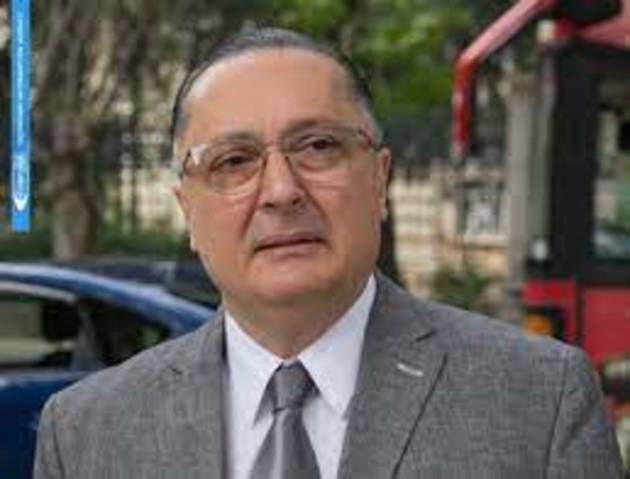Georgia's position during the Russian special operation in Ukraine could amaze experts who consider the authorities in Tbilisi to be anti-Russian. The Georgian government has refused to join the anti-Russian sanctions and has refrained from criticizing the Kremlin's actions. This is not just political correctness and personal interests of Irakli Garibashvili's government, but a reflection of the opinion of the majority of the country's population.
According to polls by the Georgian company GORBI, 64.5% of respondents support Garibashvili’s course of refusing to join the sanctions against Russia. 30.4% of people opposed the decision. There is the same situation with public opinion redarding the sending of Georgian volunteers to Ukraine. 60.5% of respondents support the Georgian authorities' decision not to stimulate the sending of volunteers, 31.8% do not agree with this. About 5-7% of the respondents refused to answer both questions.
The day before, Garibashvili called on his people for "peace and consolidation". "Our nation must be united, united and strong", he said. The Georgian Prime Minister called the policy of his government, which chose neutrality in the Russian-Ukrainian conflict, "reasonable". According to him, such a course allows one to preserve peace.
Arno Khidirbegishvili, publicist, journalist, editor-in-chief of Gruzinform, believes that Russia's special operation was a necessary measure:
"Despite the fact that tragic events are taking place in Ukraine, this had to happen sooner or later, because the West could not accept the strengthening of Russia. 77 years after the Great Patriotic War, they changed tactics. Having staked on nationalism and Nazi sentiments in Ukraine, they struck Russia with the hands of Ukraine, and not directly, as in 1945".
According to the Georgian journalist, his country's population not only stands for neutrality, but even supports Moscow's actions. However, the voices of the majority are not heard due to the control of the mainstream media by pro-Western forces.
"This is a tragedy for Georgia, and Georgia has opened its doors wide to Ukrainian refugees. On the other hand, with a delay of 8 years and the loss of 15,000 Donbass inhabitants, despite heavy economic losses, Russia decided to fight this neo-fascism. The population of Georgia fully supports this operation. But this is not visible, because all Georgian media have been created on the basis of Rustavi-2 with Saakashvili's support. There is a complete propaganda and agitation against the people", Khidirbegishvili stressed.
The expert draws attention to the fact that the US and NATO, in addition to Ukraine, were preparing a second front against Russia. The transfer of opposition leader Mikheil Saakashvili from Ukraine to Georgia was aimed at a coup d'état in order to draw the Kremlin into the process.
“The first step has been taken. Saakashvili moved to Georgia. The second phase of the coup failed. It turned out that there were not so many Saakashvili's supporters - 1000-1500 people on Rustaveli Square".
On March 21, Chairman of the Georgian Parliament Shalva Papuashvili, via Facebook (banned in Russia), announced the death of three Georgian fighters in Ukraine. Khidirbegishvili noted that "90% of all mercenaries fighting in Ukraine are Georgians".
Regardless of the outcome of the crisis in Ukraine, the expert believes that the influence of the opposition and Saakashvili’s party in Georgia will decrease every day.
"The Georgian opposition is not a survivor in any case. If miraculously Ukraine wins, the volunteers will not be able to return to Georgia. Any citizen who took part in the Armed Forces of another country, according to the law, automatically loses citizenship of Georgia. If Russia wins - and there is no doubt about it - then these volunteers really have no place either in Ukraine or in Georgia - they will have to flee, as in August 2008, to Poland and far abroad".
It is worth noting that the economy has an impact on the mood of the authorities and the population of Georgia on Ukrainian issues. Russia is Georgia's second trading partner and trade in 2021 is up 23% from the previous year. Imposing economic sanctions means risking Georgian exports to Russia and the well-being of Georgian citizens.






